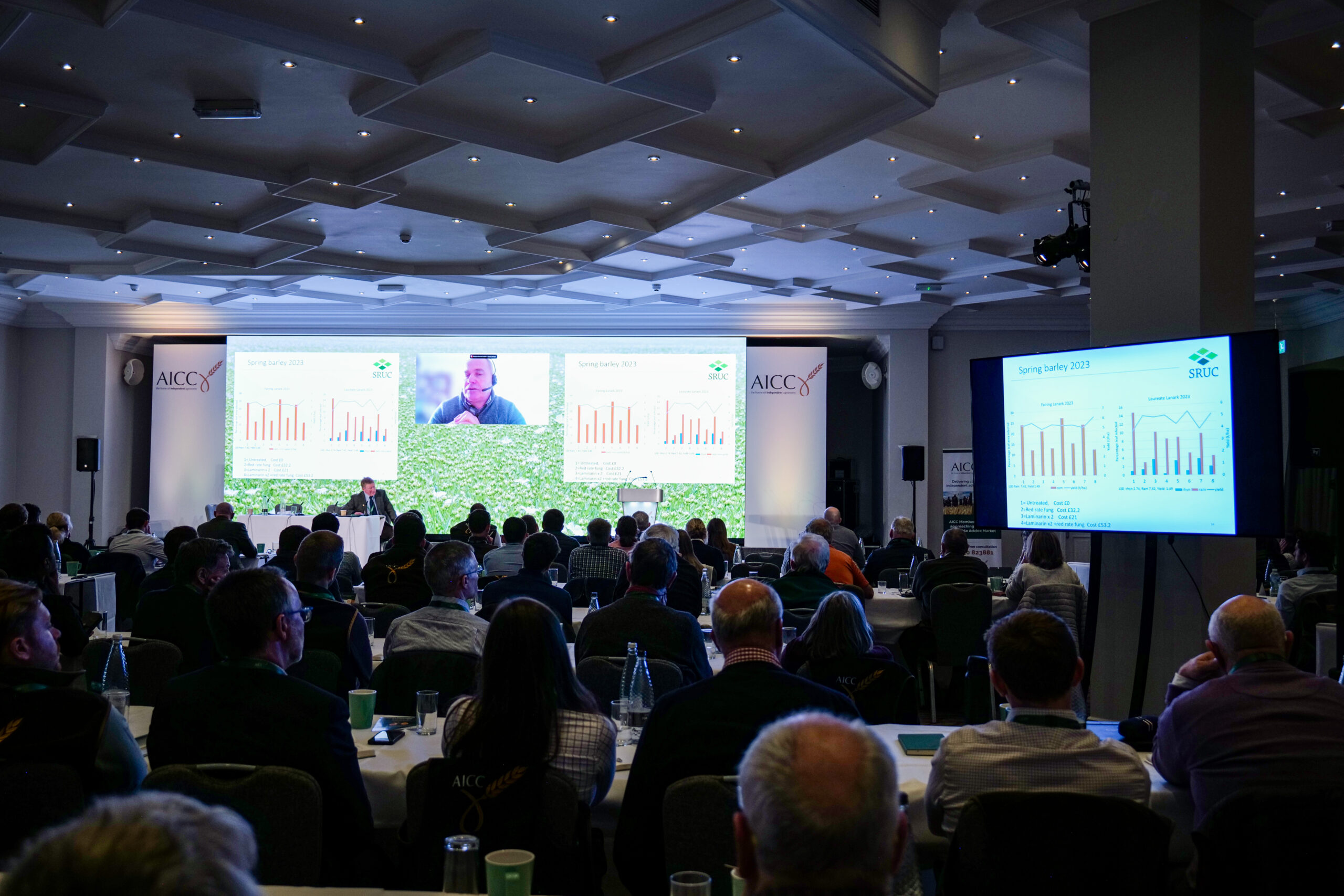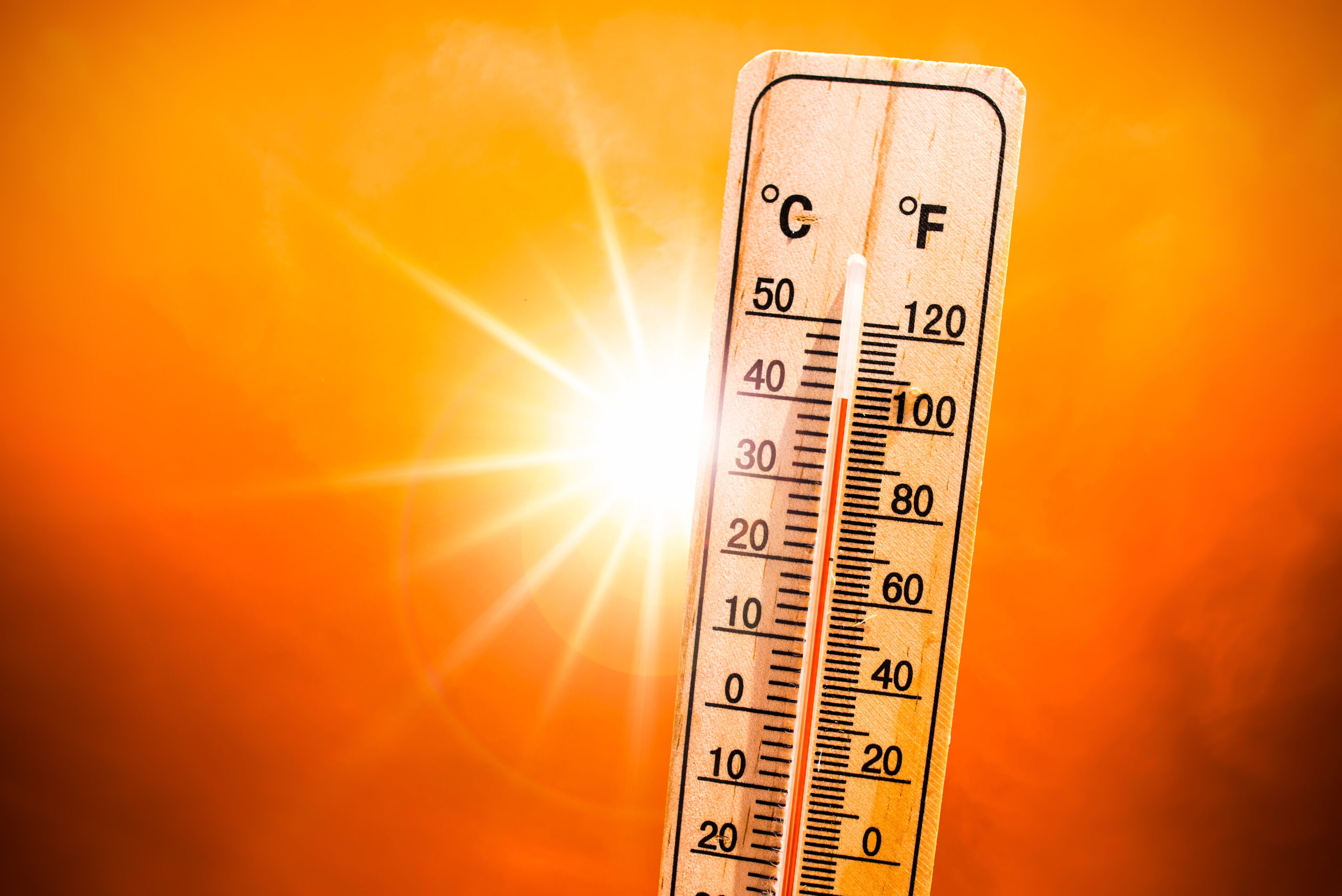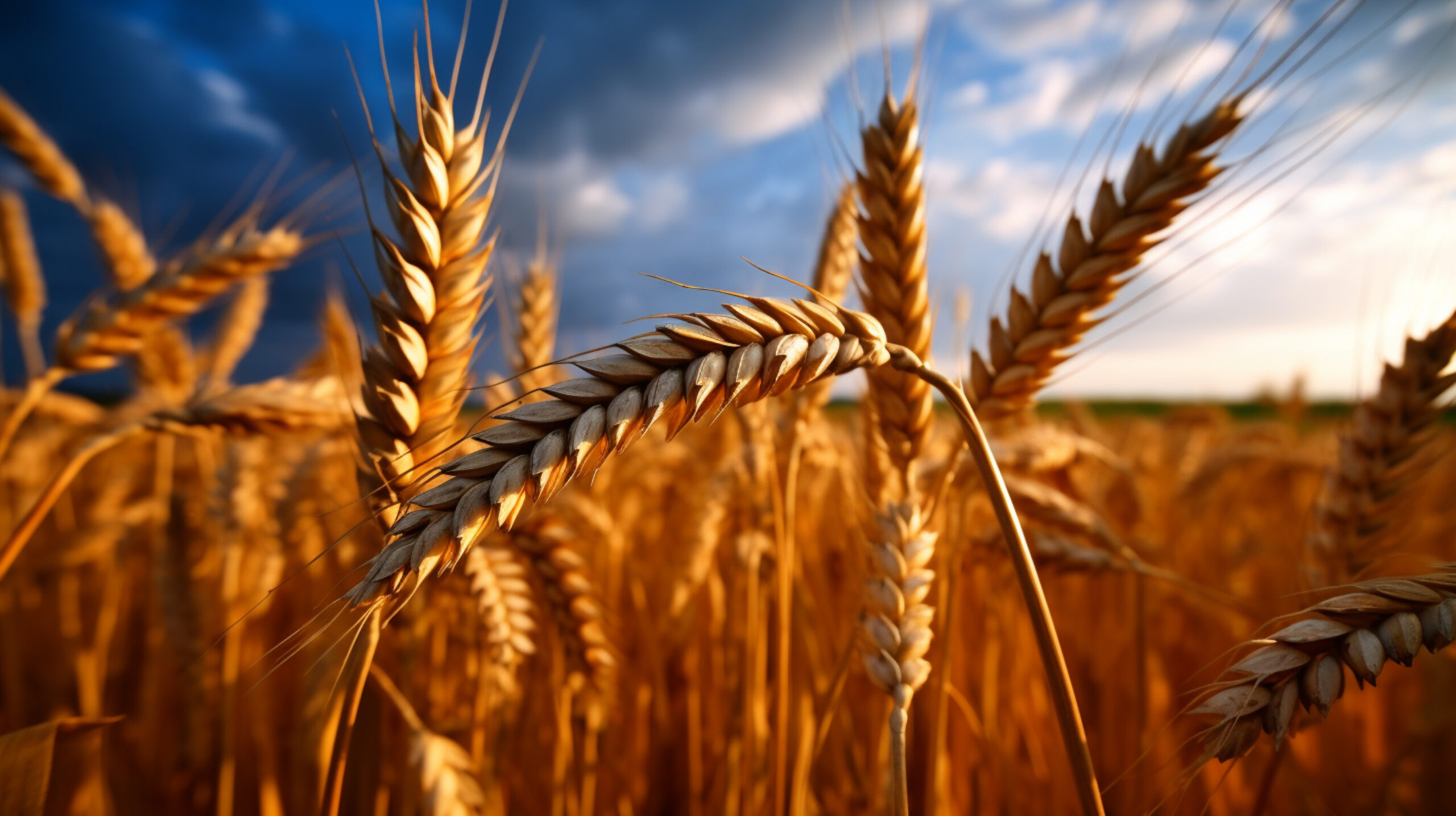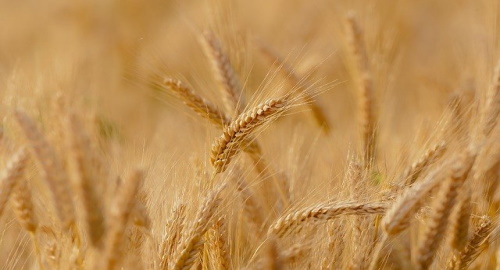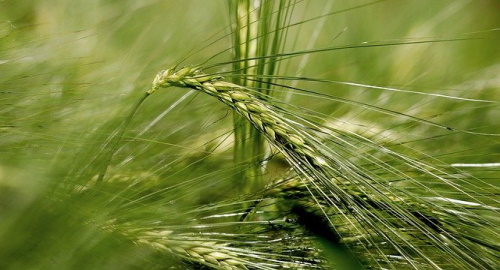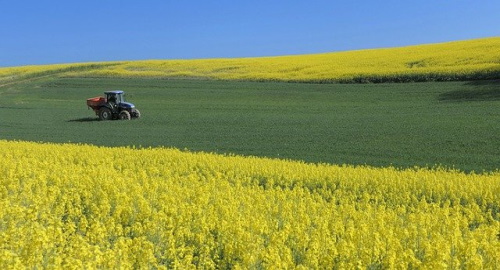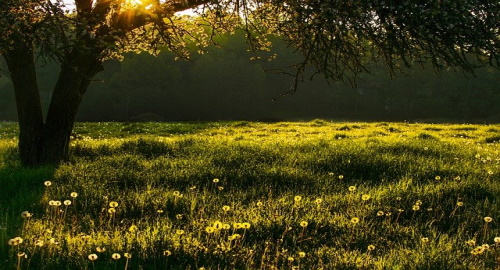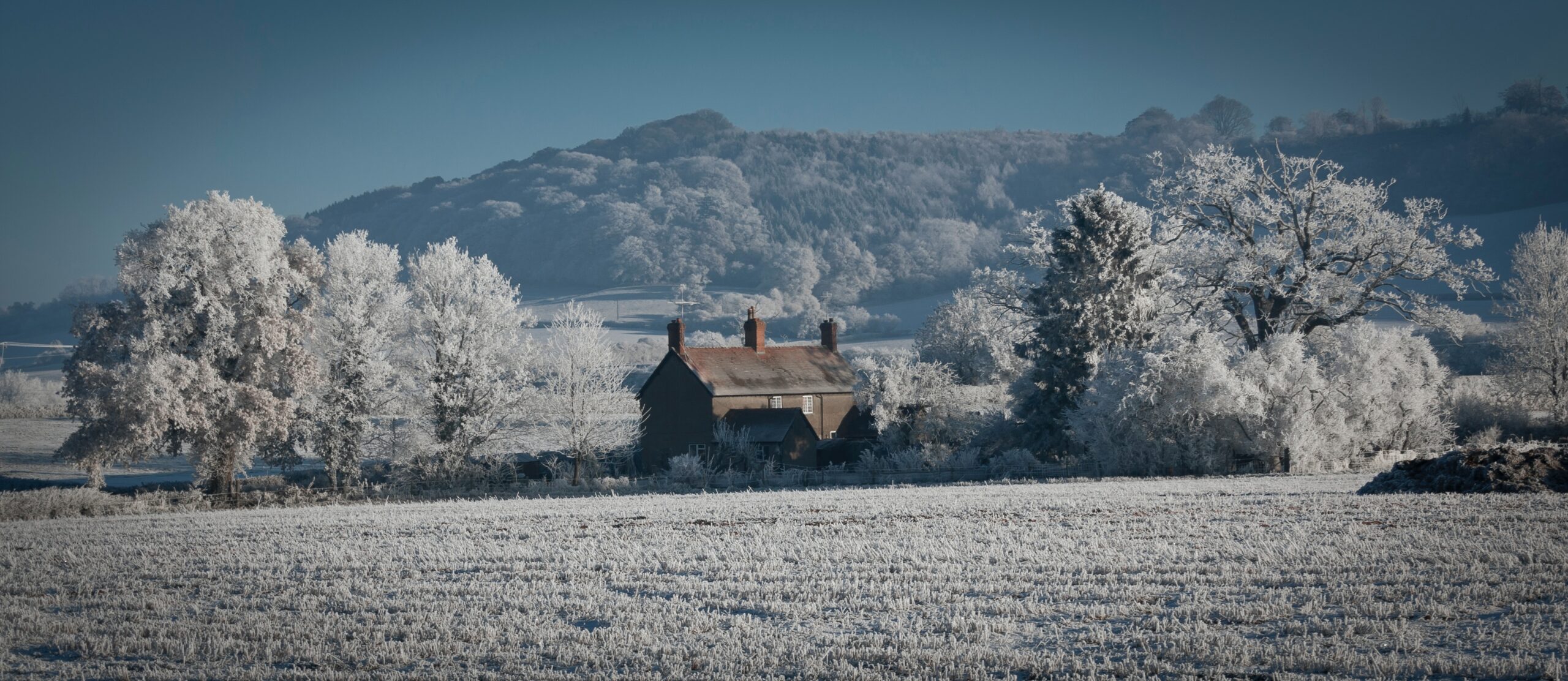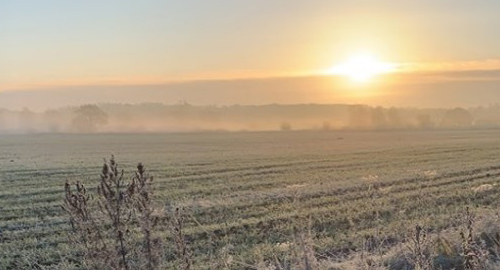As the rain continues to fall across England, positivity has reached an all-time low. So, I decided to start this blog post on a positive note. Early drilled Winter Oilseed Rape crops are looking very impressive. Residual herbicides and Autumn fungicides are going on now, with the WOSR fields being some of the only land that will travel with how much rain we’ve had. Early drilled winter cereal crops have got away well and look strong for the most part, however this cannot be said for crops drilled more recently.
I think we all remember the Autumn of 2019. According to the Met Office rainfall averages for the UK, we had 120.75mm of rainfall in September and October in 2019. In comparison, we have had 147.2mm in October alone.
The wet weather has resulted in a country-wide halt to all drilling operations with no clear drilling window to look forward to. Some farms took the risk of drilling early, a gamble that seems to have paid off in the most part. Farms that have pushed the drill into field conditions that are less than ideal are beginning to see the effects of the rainfall, particularly on headlands wet patches. Some headlands will be complete write-offs this winter, some have become quagmires that won’t hold a welly, let alone a full sprayer.
Speaking of spraying, the state of residual herbicide application on winter cereals has been extremely variable. Some have managed to get the pre-em and post-em top-up on despite the rain, others still have a spray store full of product that hasn’t been applied. What impact this will have on the spring blackgrass loading we cannot yet say. On a similar note, very few BYDV sprays have also been applied due to the weather. Last year demonstrated the damage BYDV can do to cereal crops and, while we haven’t had the same mild Autumn, only time will tell what the effects may be on this year’s crops.
The farms that have battled the elements and managed to get seed in the ground have been met with multiple waves of slug attack. The relentless pressure combined with the rainfall have meant that pellets applied to fields have not been on the ground long enough to be effective. Pellets that have persisted have been consumed within a couple of days, with the next wave of slug pressure following soon after. The supply of slug pellets cannot keep up with the demand, resulting in a country-wide pellet shortage.
Carrying on the theme of ‘shortages’, spring cropping seed is coming into short supply and any orders for Spring 2024 need to be placed now. The pressure we have seen from the weather and slugs on winter cereals has, naturally, forced farmer’s hands into a larger spring cropping allocation than originally planned. This has put a squeeze on the spring seed supply and may lead to disappointment if not ordered soon.
So, to summarise this depressing blog post: we have been kept off the land by excessive rainfall, crops that have been drilled have been ravaged by slugs, seed has blown from sitting in what can only be described as field swamps, residual herbicides and BYDV sprays have generally not been applied and spring seed is running low. As this blog post draws to its conclusion, I am looking out of my window at a sunny, blue sky. How ironic. Nevertheless, this snapshot of nice weather is a reminder to always look for the positives and keep moving forward. Times are tough for a lot of farmers out there and it’s important to make sure we help and support each other through times such as these. There will be brighter skies ahead and I’m sure they will be worth waiting for.




